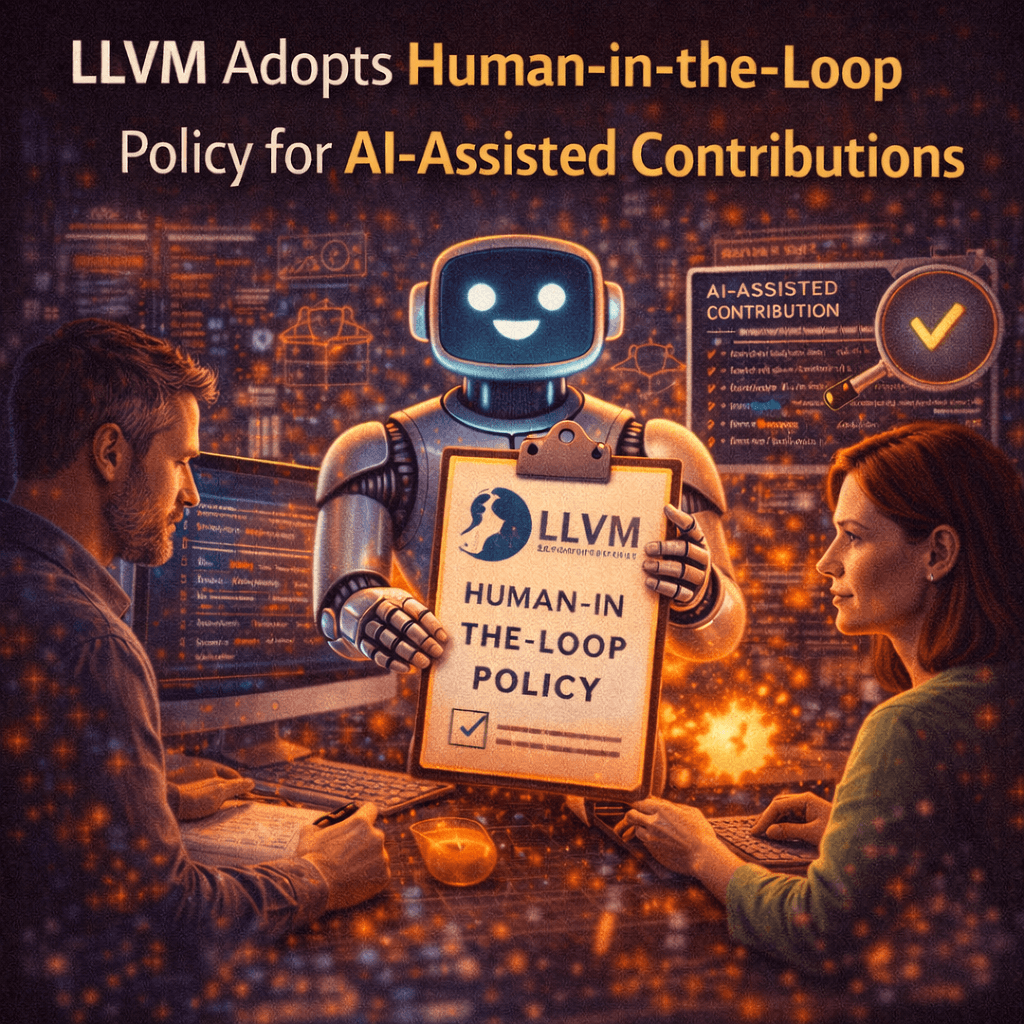What is the difference between React, react.js and ReactJS?
You’ve probably seen the terms React, React.js, and ReactJS used interchangeably—and that’s because in most casual contexts, they all refer to the same thing. But here's a clear breakdown so you understand the subtle differences and naming conventions

You’ve probably seen the terms React, React.js, and ReactJS used interchangeably—and that’s because in most casual contexts, they all refer to the same thing.
But here's a clear breakdown so you understand the subtle differences and naming conventions:
1. React
Official Name: This is the correct and most common name used by the developers at Meta (formerly Facebook), who created the library.
- React refers to the open-source JavaScript library used for building user interfaces, especially single-page applications (SPAs).
- When in doubt, use React—it’s the name used in the official documentation and in most professional conversations.
2. React.js
Technical Extension: The “.js” part just emphasizes that React is a JavaScript library.
- Sometimes developers write React.js to be more specific, especially in URLs, filenames, blog titles, or SEO.
- For example, you might see filenames like
react.min.jsin a codebase or CDN.
You can think of React.js as synonymous with React—it's not incorrect, just a bit more descriptive.
3. ReactJS
Search Engine Friendly Version: This version is mostly used in online searches, blogs, or domain names.
- For example, you’ll often see people searching "ReactJS tutorial" or "ReactJS vs AngularJS".
- It’s also used in the official React website’s domain: reactjs.org, which helps differentiate it from other "React" terms that might exist outside of programming.
So don’t worry—whether someone says React, React.js, or ReactJS, they’re all talking about the same awesome library for building modern UIs.
You may also like

Summary
Read Full
open_in_newDiscover AI-powered tools that can convert images of tables and diagrams into modifiable PowerPoint presentations, enhancing productivity and efficiency

Summary
Read Full
open_in_newArtificial intelligence is a complex field, but understanding its basics can be straightforward. This guide provides an introduction to AI, its types, and its applications.

Summary
Read Full
open_in_newMozilla has released Firefox 148, introducing new settings for AI controls, improved performance, and enhanced user experience

The Unintended Consequences of AI in Programming: How it Can Slow Down Learning
Summary
Read Full
open_in_newWhile AI can be a powerful tool for experienced programmers, it can actually hinder the learning process for newcomers, making it essential to understand the potential drawbacks of relying on AI in programming education

The 24-Hour Programming Language Revolution: How AI is Changing the Game
Summary
Read Full
open_in_newDevelopers are now building programming languages in just 24 hours with the help of artificial intelligence, revolutionizing the way we approach software development and programming language design

LLVM Adopts Human-in-the-Loop Policy for AI-Assisted Contributions
Summary
Read Full
open_in_newThe LLVM project has introduced a new policy requiring human oversight for all AI and tool-assisted contributions to ensure code quality and reliability

The Rise of AI in College Admissions: A New Layer of Stress for Students
Summary
Read Full
open_in_newThe use of artificial intelligence in scoring college essays and conducting interviews is becoming increasingly prevalent, adding a new layer of stress to the already challenging college admissions process
Post a comment
Comments
Most Popular











